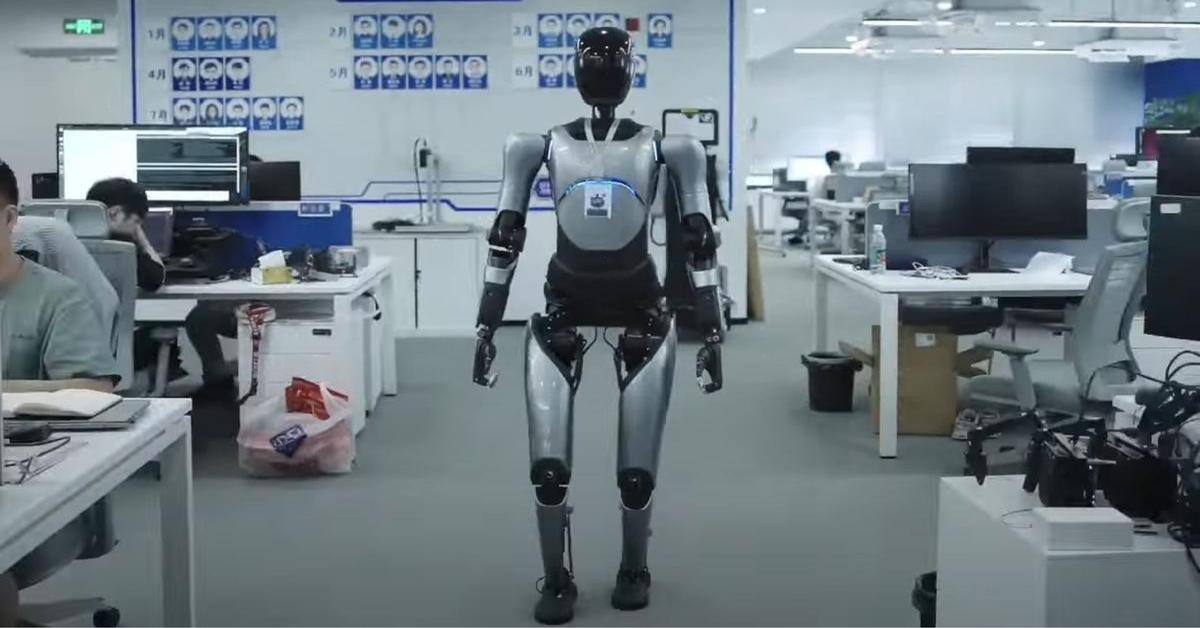The world is awash in negativity, but amidst the gloom, remarkable innovations are quietly reshaping our future. This week alone, breakthroughs from China showcase the incredible potential of technology to address some of humanity’s most pressing challenges. From the rise of sophisticated humanoid robots to the development of biocomputers and promising Alzheimer’s treatments, the advancements are breathtaking. This article explores these exciting developments, highlighting the power of data-driven optimism and the potential for a brighter tomorrow. Prepare to be inspired by the ingenuity and relentless pursuit of progress shaping our world.
China’s Leap in Humanoid Robotics
China is rapidly advancing its capabilities in humanoid robotics. These aren’t just simple machines; we’re talking about sophisticated robots capable of complex tasks, mimicking human movements with surprising dexterity. This represents a significant leap in artificial intelligence and automation, potentially revolutionizing manufacturing, healthcare, and even daily life. The implications are vast, ranging from increased efficiency in industrial settings to providing crucial assistance to the elderly and disabled.
The Promise of Biocomputers
Beyond robotics, China is making strides in biocomputing, a field that leverages biological systems to perform computations. This technology promises incredibly powerful and energy-efficient computing solutions. Imagine computers that mimic the efficiency of the human brain, capable of processing information at speeds and scales currently unimaginable. This breakthrough has profound implications for artificial intelligence, drug discovery, and a multitude of other fields.
Combating Alzheimer’s: A New Hope
One of the most impactful developments is the progress being made in Alzheimer’s research. Scientists in China are making significant headway in understanding the disease’s mechanisms and developing potential treatments. This is a critical step in combating a global health crisis affecting millions, offering a ray of hope for families grappling with this devastating condition. The potential for early diagnosis and effective therapies is a testament to the power of scientific innovation.
The Synergistic Effect of Technological Advancements
These advancements aren’t isolated events; they are interconnected. The development of sophisticated AI, crucial for humanoid robotics and biocomputers, also underpins progress in Alzheimer’s research through data analysis and drug discovery. This synergistic effect highlights the power of integrated scientific and technological progress, showcasing the potential for exponential growth when different fields collaborate.
A Glimpse into the Future
The innovations emerging from China offer a compelling counterpoint to the pervasive pessimism often dominating global narratives. These advancements, particularly in robotics, biocomputing, and Alzheimer’s research, represent not just technological leaps, but a profound shift in our capacity to address global challenges. The data clearly points to a future brimming with possibility, fueled by ingenuity and a relentless pursuit of progress. By embracing data-driven optimism, we can harness these advancements to create a healthier, more efficient, and equitable world for all.

